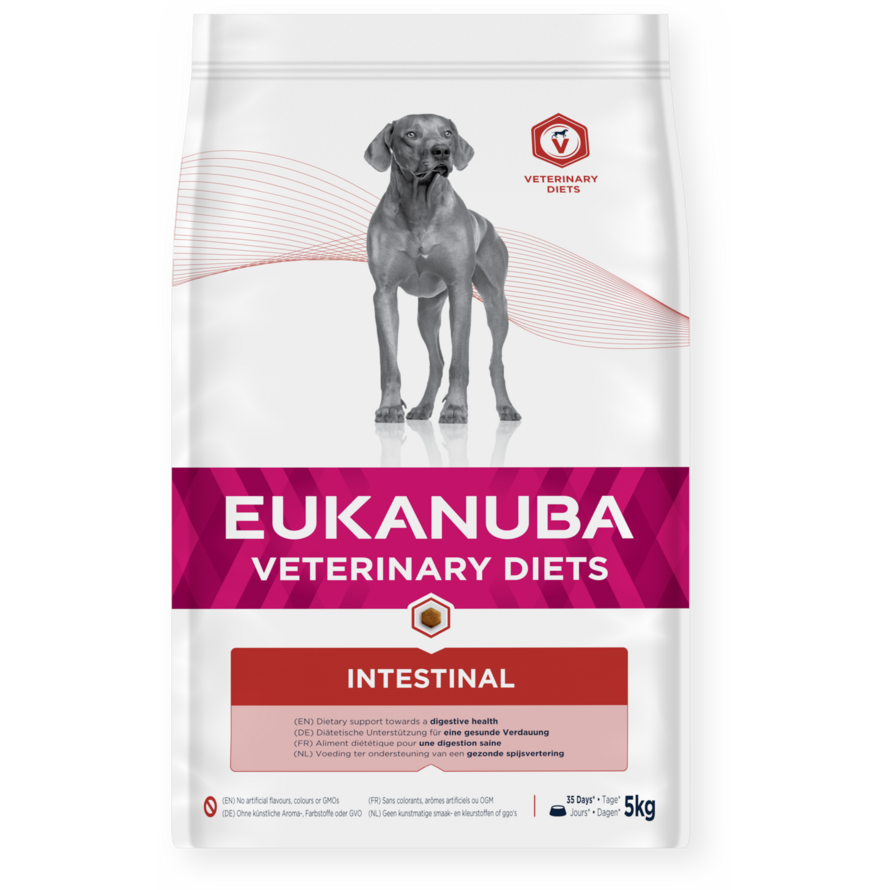You are on https://www.eukanuba.eu/en-gb/ (UK). Your browser language is Dutch/French. Would you like to switch to the Belgian site?
Du er på https://www.eukanuba.eu/en-gb/ (UK). Dit browsersprog er dansk. Vil du skifte til den danske side?
Du befindest dich auf https://www.eukanuba.eu/en-gb/ (UK). Deine Browsersprache ist Deutsch. Möchtest du zur deutschen Seite wechseln?
Te encuentras en https://www.eukanuba.eu/en-gb/ (UK). El idioma de tu navegador es español. ¿Quieres cambiar a la página española?
Viibid https://www.eukanuba.eu/en-gb/ (UK). Sinu brauseri keel on eesti. Kas soovid vahetada Eesti lehele?
You are on https://www.eukanuba.eu/en-gb/ (UK). Your browser language is English. Would you like to switch to the European Union site?
Vous êtes sur https://www.eukanuba.eu/en-gb/ (UK). La langue de votre navigateur est français. Voulez-vous passer au site français?
Nalazite se na https://www.eukanuba.eu/en-gb/ (UK). Jezik vašeg preglednika je hrvatski. Želite li prebaciti na hrvatsku stranicu?
Ti trovi su https://www.eukanuba.eu/en-gb/ (UK). La lingua del tuo browser è italiano. Vuoi passare al sito italiano?
Esate https://www.eukanuba.eu/en-gb/ (UK). Jūsų naršyklės kalba yra lietuvių. Ar norėtumėte pereiti į lietuvišką puslapį?
https://www.eukanuba.eu/en-gb/ (UK) oldalon vagy. A böngésződ nyelve magyar. Szeretnél a magyar oldalra váltani?
Inti fuq https://www.eukanuba.eu/en-gb/ (UK). Il-lingwa tal-browser tiegħek hija Maltija. Tixtieq tbiddel għall-paġna Maltija?
Je bent op https://www.eukanuba.eu/en-gb/ (UK). De taal van je browser is Nederlands. Wil je naar de Nederlandse pagina wisselen?
Du er på https://www.eukanuba.eu/en-gb/ (UK). Nettleserspråket ditt er norsk. Ønsker du å bytte til den norske siden?
Znajdujesz się na https://www.eukanuba.eu/en-gb/ (UK). Język Twojej przeglądarki to polski. Czy chcesz przełączyć na polską stronę?
Te afli pe https://www.eukanuba.eu/en-gb/ (UK). Limba browserului tău este română. Vrei să schimbi pe pagina românească?
Olet https://www.eukanuba.eu/en-gb/ (UK). Selaimen kieli on suomi. Haluatko vaihtaa suomenkieliselle sivulle?
Du är på https://www.eukanuba.eu/en-gb/ (UK). Din webbläsares språk är svenska. Vill du byta till den svenska sidan?
Du befindest dich auf https://www.eukanuba.eu/en-gb/ (UK). Deine Browsersprache ist Deutsch/Französisch/Italienisch. Möchtest du zur Schweizer Seite wechseln?
You are on https://www.eukanuba.eu/en-gb/ (UK). Your browser language is English. Would you like to switch to the UK site?
Du befindest dich auf https://www.eukanuba.eu/en-gb/ (UK). Deine Browsersprache ist Deutsch. Möchtest du zur österreichischen Seite wechseln?
Nacházíte se na https://www.eukanuba.eu/en-gb/ (UK). Jazyk vašeho prohlížeče je čeština. Chcete přepnout na českou stránku?
Βρίσκεσαι στο https://www.eukanuba.eu/en-gb/ (UK). Η γλώσσα του φυλλομετρητή σου είναι ελληνικά. Θέλεις να αλλάξεις στην ελληνική σελίδα;
Намирате се в https://www.eukanuba.eu/en-gb/ (UK). Езикът на вашия браузър е български. Искате ли да превключите към българската страница?





